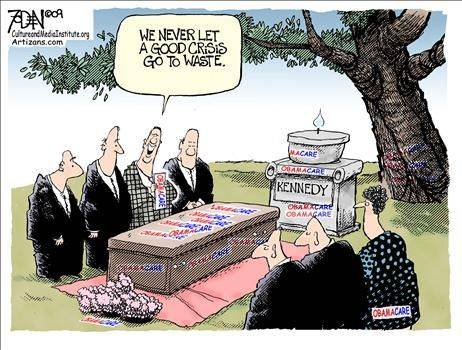- Thread starter
- #21
And hate would certainly be the left's forte.the message...the message. It was a hateful one.
sure, the far left as well as teh far right. Only thing is teh far left has no power in the DNC, but in the GOP the far right shakes the very foundations of a grand old party.
the far left got shit from Obama --- on the war and on closing gitmo, and more. Obama even refused to release torture stuff.

your view of reality is




